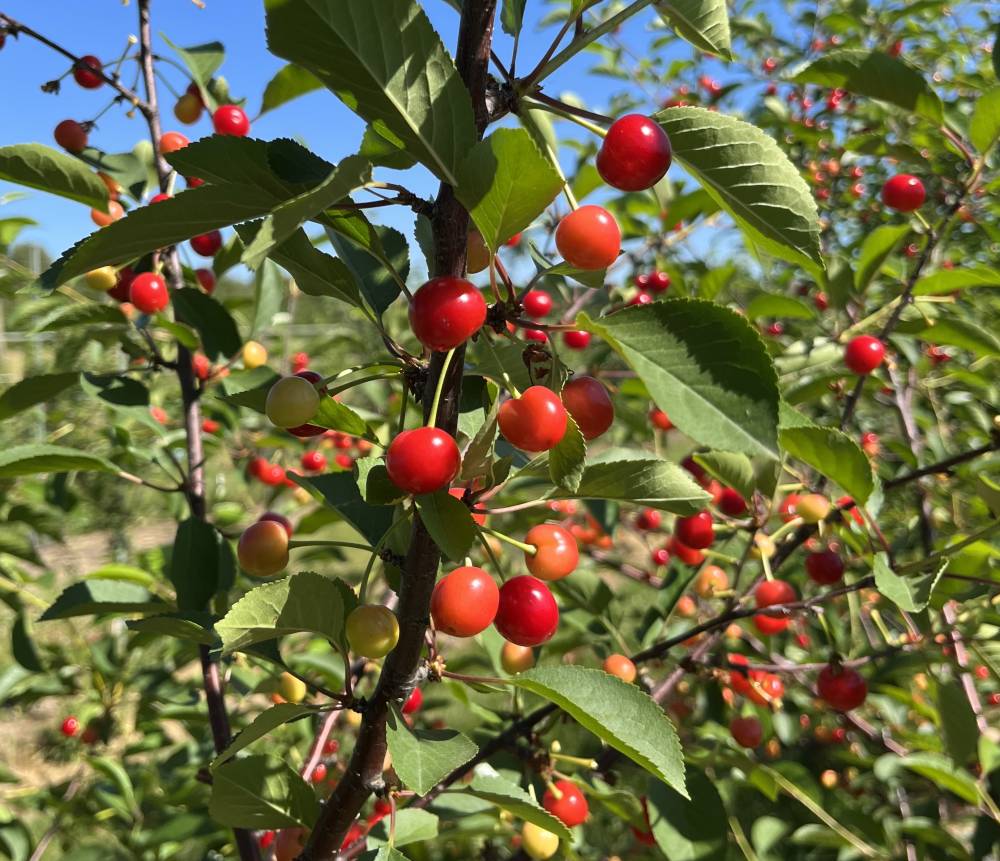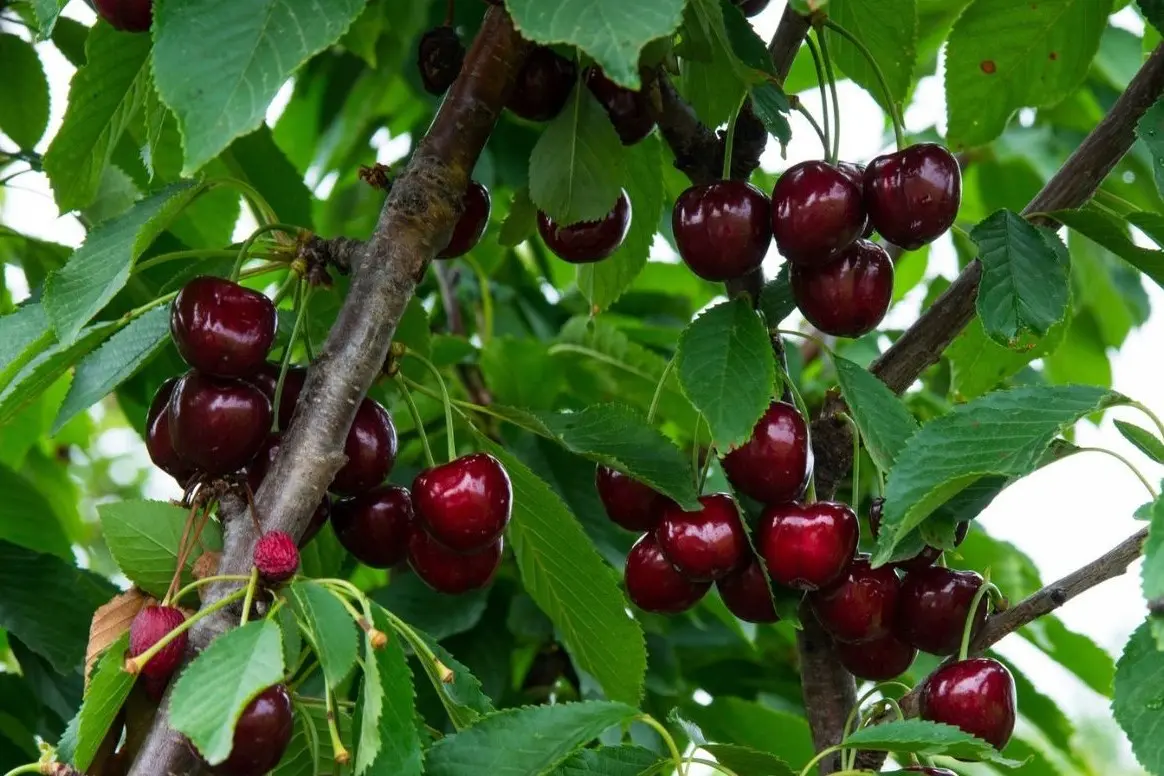The 2023 sweet cherry harvest in the Pacific Northwest proved to be a significant loss for many growers, prompting reflection on the true extent of the disaster. Industry organizations attribute the difficulties to unusual spring weather conditions, causing overlapping blossoms and a narrow harvest window.
About 70% of US cherries ripened in one month instead of the usual three, creating an oversupply that exceeded supply chain and market capacity. Growers submitted disaster designation requests, seeking federal financial assistance, but have not received formal responses at this time.
Although the 2023 cherry season doesn't precisely fit natural disaster criteria, advocates attribute the challenges to climate conditions. Columbia Gorge Fruit Growers' Executive Director, Mike Doke, emphasized that only about 60% of the crop was actually harvested due to climate-related difficulties. Some growers, like Norm Gutzwiler of the Washington State Fruit Commission, even abandoned the entire harvest, citing a rainstorm without water that led to crop loss.
The overproduction of Californian cherries affected prices, plummeting drastically in June, triggering a downward spiral for Northwest cherries as well. The need for increased communication between Californian shippers and the Northwest industry was highlighted as a potential solution to avoid further price collapses. Growers like Stacey Cooper agree on the need to find common ground to sell a large harvest and collectively address market challenges.
The refusal to harvest some blocks in the Yakima Valley, particularly withdrawn mid-season varieties, resulted in undesirable and unsellable fruit. Some companies advised growers to halt harvesting to avoid further economic losses. Norm Gutzwiler emphasizes that when prices don't cover harvesting costs, foregoing the harvest becomes the only practical option.
Looking ahead, there is concern for growers who may struggle to repay and renew operational credit lines, limiting the ability to grow properly and produce high-quality crops.
Read the full article: Good Fruit Grower
Cherry Times - All rights reserved










